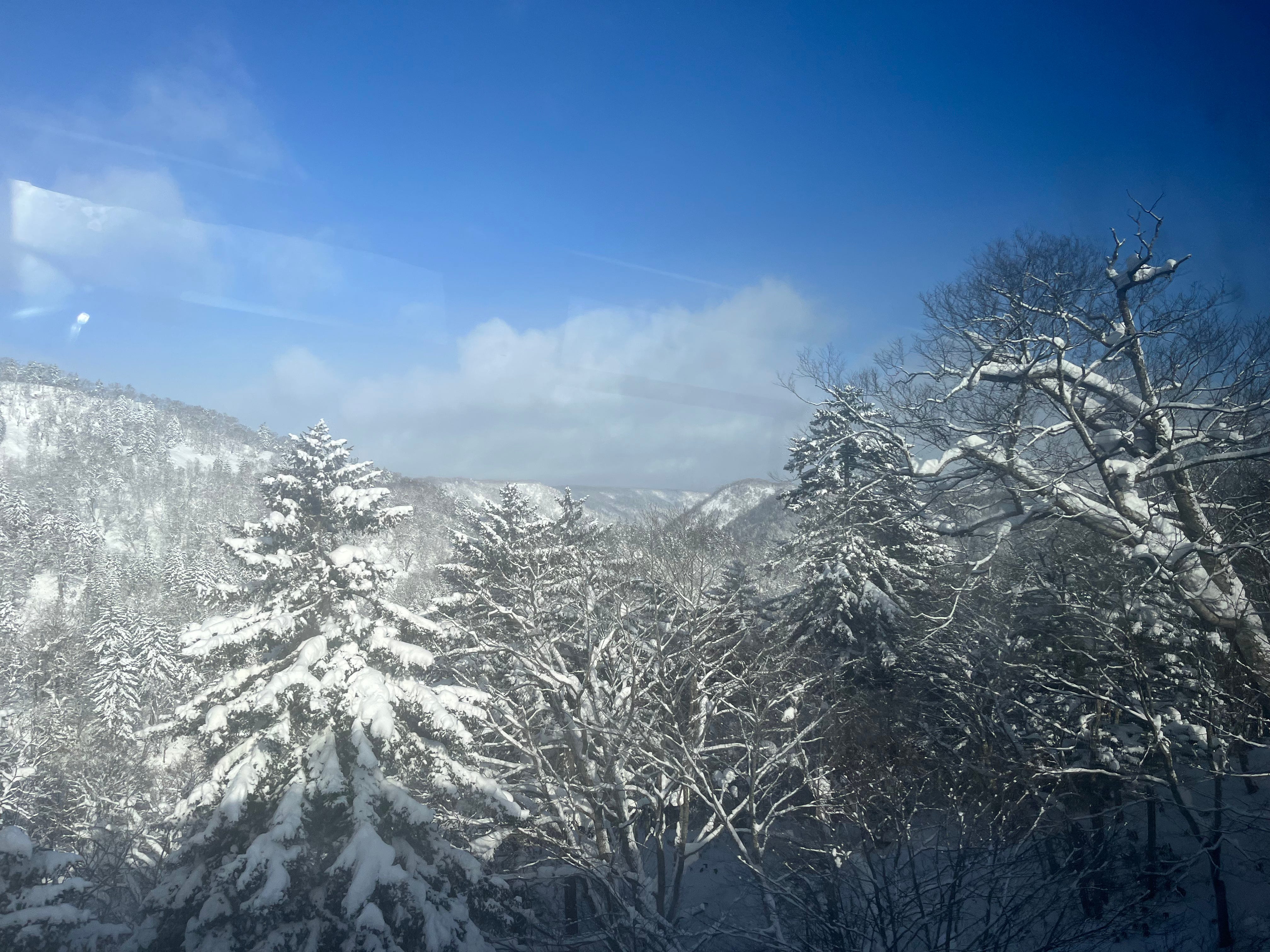Low Anthropology with David Zahl (podcast)

Last summer, I found my poem for the year. I read it to whoever would listen. Eventually I recited it to whoever would listen, because I\u2019d read it so many times that it had become a part of the wallpaper of my mind. People tended to have one of two response: they either laughed and ask for the name of the poem, or looked at me with a mild concern in their eyes and ask something like \u201care you ok?\u201d
Here\u2019s the poem:
Master of beauty, craftsman of the snowflake,
inimitable contriver,
endower of Earth so gorgeous & different from the boring Moon,
thank you for such as it is my gift.
I have made up a morning prayer to you
containing with precision everything that most matters.
\u2018According to Thy will\u2019 the thing begins.
It took me off & on two days. It does not aim at eloquence.
You have come to my rescue again & again
in my impassable, sometimes despairing years.
You have allowed my brilliant friends to destroy themselves
and I am still here, severely damaged, but functioning.
Unknowable, as I am unknown to my guinea pigs:
how can I \u2018love\u2019 you?
I only as far as gratitude & awe
confidently & absolutely go.
I have no idea whether we live again.
It doesn\u2019t seem likely
from either the scientific or the philosophical point of view
but certainly all things are possible to you,
and I believe as fixedly in the Resurrection-appearances to Peter & to Paul
as I believe I sit in this blue chair.
Only that may have been a special case
to establish their initiatory faith.
Whatever your end may be, accept my amazement.
May I stand until death forever at attention
for any your least instruction or enlightenment.
I even feel sure you will assist me again, Master of insight & beauty.
(John Berryman, \u201cEleven Addresses to the Lord\u201d)
The line that often seems to get people (the line that got me) is this one: \u201cYou have allowed my brilliant friends to destroy themselves / and I am still here, severely damaged, but functioning.\u201d It had a Rorschach quality to it. Some laughed and nodded along, knowing the feeling. Some winced at the idea of being \u201cseverely damaged.\u201d Such a confession shouldn\u2019t be foreign to Christians. The Book of Common Prayer invites us to confess: \u201cWe have left undone those things which we ought to have done; and we have done those things we ought not to have done; and there is no health in us. But thou, O Lord, have mercy upon us, miserable offenders.\u201d
I think we are uneasy about thinking of ourselves as a offenders, damaged, needy. Isn\u2019t it sort of\u2026 psychologically unhealthy? a hangover from a harsher, less enlightened past? Doesn\u2019t it make us seem rather harsh? In my experience, it is quite the opposite. If we know ourselves to be a fumbling and failing and faltering people, scarred by the wear and tear of ordinary dysfunction and original sin, then our faults, while still faults, can be regarded as the unfortunate outcome of a fallen world and a fallen nature. But if we think that really, we can be perfectly good and choose not to\u2026 well, then, we really are monsters.
This the idea that David Zahl explores in his new book Low Anthropology: the Unlikely Key to a Gracious View of Others (and Yourself) (2022). I\u2019ve listened to Dave\u2019s podcast (with his friends Sarah Condon and RJ Heijman) for the last year or so, and always find it very wholesome and encouraging and interesting
.
After hearing them talk about it on the podcast, I picked up a copy of Dave\u2019s book and enjoyed what I read; a humorous, humane volume, about what we can (and can\u2019t) expect of human beings, and how, actually, having a lower expectation of our the human capacity to be good helps us have compassion, grow, and live more honestly. His book also has one of the best covers I\u2019ve seen in a while:
On this week\u2019s podcast episode, I chat with Dave about his book, and about how adopting a low anthropology might help us regard ourselves and our neighbours with a little more mercy, patience, and gentleness. But it also reminds us that we need God. And with this need there is great hope, excitement even. A possibility beyond ourselves, a fulness we could never fill. That is a good place to start.
May I stand until death forever at attention
for any your least instruction or enlightenment.
I even feel sure you will assist me again, Master of insight & beauty.
Get full access to Joy Clarkson at joyclarkson.substack.com/subscribe